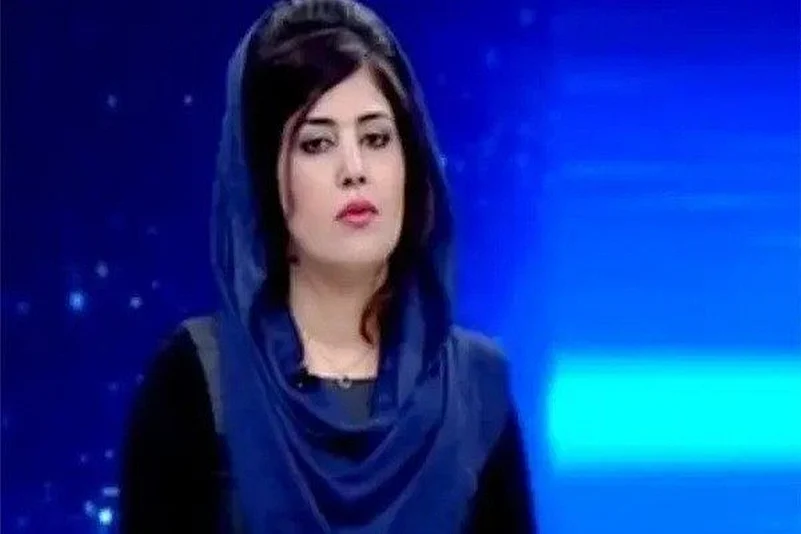A former journalist and cultural adviser to the lower house of Parliament has been shot dead by unknown gunmen in Kabul, just days after she shared on social media that her life was in danger.
Mena Mangal made her name as a presenter on the Pashto-language channel Tolo TV, Afghanistan's largest private broadcaster, and later with local TV networks such as LEMAR TV, Shamshad News and Ariana TV.
She came under attack in Kart-e-Naw area in Kabul's PD8 in broad daylight on Saturday, the Ministry of Interior Affairs said in a statement.
The police have started an investigation into the incident, Ministry's spokesman Nasrat Rahimi was cited as saying by Tolo News.
The attack prompted an outpouring of grief and anger from women's rights activists, directed at "authorities who had left her unprotected in the face of threats".
"This woman had already shared that her life was in danger; why did nothing happen? We need answers," said Afghan human rights lawyer and women's rights campaigner Wazhma Frogh.
"Why is it so easy in this society (for men) to keep killing women they disagree with?"
Mangal had shared her fears in a Facebook post on May 3. She said she was being sent threatening messages but declared that a "strong woman wasn't afraid of death" and that she loved her country.
In a tearful video posted to Twitter, Mangal's mother named a group of men as suspected killers, claiming they had previously kidnapped her daughter. The group were arrested for that abduction, she said, but later bribed their way out of detention.
Mangal was also an advocate of women's rights to education and work and had recently become a cultural adviser to the lower chamber of Afghanistan's Parliament.
A few days before Mangal's murder, the Taliban attacked the headquarters of an international aid group in Kabul, citing its work on women's rights as one reason it was targeted.
Taliban spokesman Zabihulnah Mujahid had said that Counterpart International had carried out "harmful western activities" in Afghanistan and was "promoting open inter-mixing between men and women".
(IANS)

























